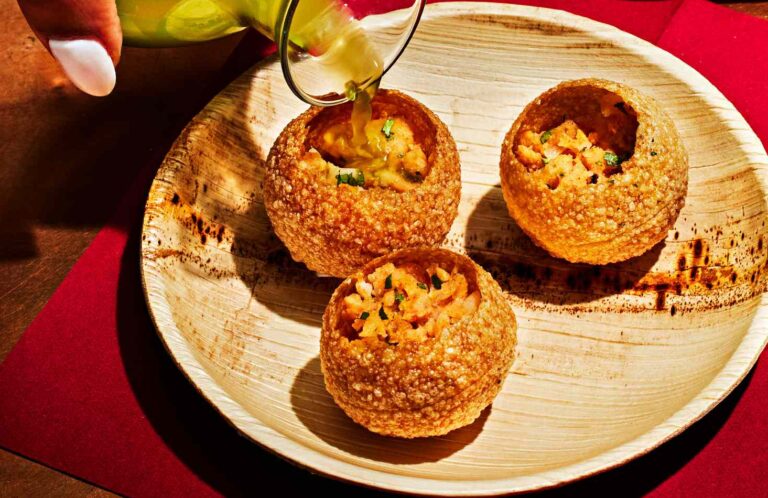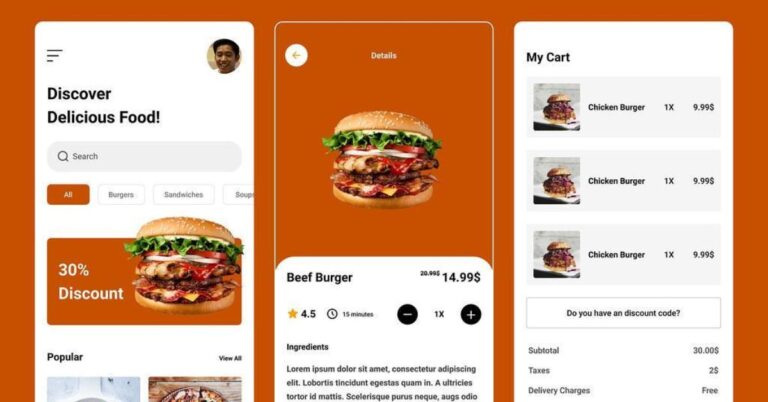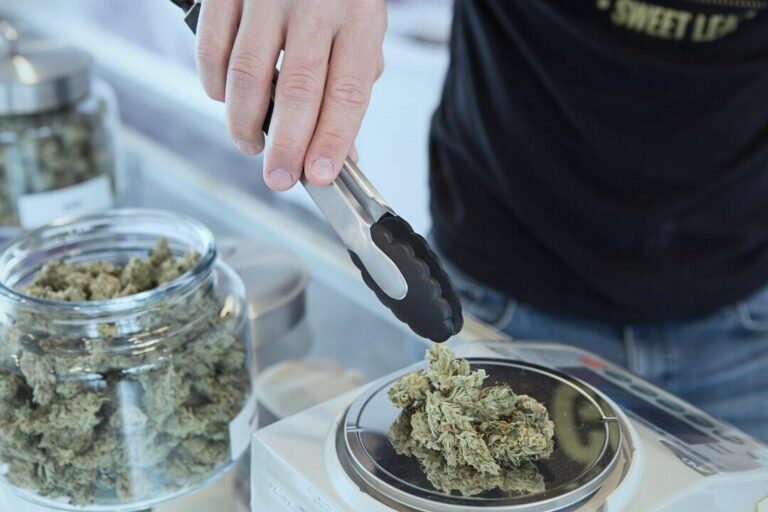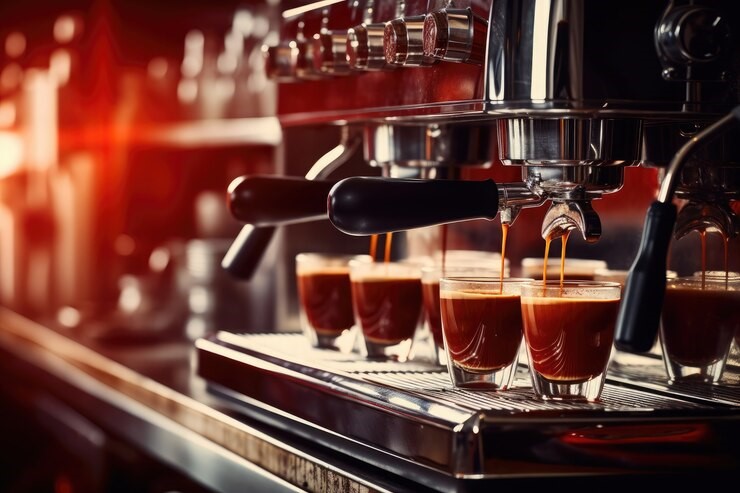Sustainable Coffee Catering: How to Make Your Event Eco-Friendly
Sustainability is no longer just a trend; it’s a way of life that is shaping the decisions we make every day. Whether it’s a wedding, corporate event, or festival, more people are looking for ways to reduce their environmental impact. Coffee catering, often seen as a luxury, is also evolving to meet this demand. From sourcing beans ethically to using eco-friendly materials, coffee cart catering in Denver has embraced the sustainability movement, offering guests a premium experience that aligns with green values.
But how can coffee catering go beyond simply offering great drinks to deliver an environmentally responsible service? In this article, we’ll explore the strategies behind sustainable coffee catering and how it can transform your event into an eco-friendly celebration without compromising on quality.
Sourcing Coffee Responsibly: The Foundation of Sustainability
When it comes to sustainability in coffee catering, everything starts with the beans. Coffee is one of the most traded commodities in the world, and its production can have a significant environmental and social impact. However, ethical sourcing practices ensure that both the environment and the farmers are treated fairly.
- Fair Trade and Organic Coffee: Choosing fair trade-certified coffee ensures that the farmers who grow the beans are paid fairly for their labor, helping to support sustainable farming practices. Organic certification, on the other hand, guarantees that the beans are grown without harmful chemicals or pesticides, reducing the environmental footprint of production.
- Single-Origin Coffee: Single-origin coffee, sourced from specific regions known for their rich flavor profiles, also supports sustainability. By purchasing beans from individual farms, mobile espresso bars can ensure that the farmers receive a premium price for their high-quality beans, incentivizing them to continue using sustainable growing methods.
By incorporating responsibly sourced beans into their offerings, Goodhart Coffee Catering of Denver ensures that every cup served contributes to the well-being of the planet and the people who grow the coffee.
Reducing Waste: Sustainable Packaging and Materials
One of the most noticeable ways that coffee catering can reduce its environmental impact is by minimizing waste. Disposable cups, lids, stirrers, and napkins can quickly add up, contributing to landfill waste and pollution. However, adopting eco-friendly practices in packaging and serving materials can significantly reduce the waste generated during events.
- Compostable Cups and Lids: Compostable materials made from plant fibers, such as corn or bamboo, are an excellent alternative to plastic cups and lids. These materials break down naturally in composting facilities, unlike traditional plastic, which can take hundreds of years to decompose.
- Recyclable Materials: If compostable options are not available, recyclable paper cups and lids are the next best choice. Ensuring that guests have easy access to recycling bins encourages them to dispose of their used materials responsibly.
- Reusable Options: For smaller, intimate gatherings or events that promote a green ethos, offering reusable cups can make a big difference. Guests can be encouraged to bring their own travel mugs or be provided with event-specific reusable cups that they can take home as a keepsake.
These simple but effective steps can help coffee catering services significantly reduce their environmental footprint while still offering guests a premium coffee experience.
The Role of Professional Baristas in Sustainability
The role of professional baristas in sustainability goes beyond simply serving coffee. A well-trained barista understands how to minimize waste and energy consumption while crafting each drink with care. From the amount of coffee used to the proper disposal of grounds, every step in the process can contribute to a more eco-friendly service.
- Precision in Brewing: Ensuring that the right amount of coffee is used for each cup minimizes waste. Baristas who are skilled in measuring coffee and water ratios can avoid overuse and reduce leftover waste.
- Repurposing Coffee Grounds: Spent coffee grounds can be repurposed in several eco-friendly ways, such as composting or using them as a natural fertilizer. Some mobile espresso bars offer guests the option to take home used coffee grounds for their gardens, turning waste into a useful resource.
- Energy-Efficient Equipment: Modern coffee machines and brewing equipment are designed to use less energy while maintaining high performance. By investing in energy-efficient espresso machines and grinders, coffee catering companies can reduce their overall energy consumption.
The expertise of baristas plays a vital role in ensuring that each step of the coffee-making process is done thoughtfully and sustainably.
The Importance of Local Sourcing for Coffee Cart Catering
Sustainability also extends to how the coffee catering service is managed and where the materials are sourced. For mobile espresso bars, sourcing locally whenever possible can reduce the carbon footprint associated with transportation. This applies not only to the coffee beans but also to the milk, syrups, pastries, and other items that may be part of the service.
- Locally Sourced Milk and Dairy Alternatives: By working with local dairies or suppliers of non-dairy milk alternatives, coffee carts can offer fresh, high-quality products while supporting local businesses. This reduces the environmental impact of transportation and contributes to the local economy.
- Local Pastries and Baked Goods: Coffee catering often includes more than just beverages. Offering locally made pastries, cookies, or other treats further supports sustainability while giving guests a unique taste of the region. These partnerships with local bakeries also allow coffee caterers to offer a wider variety of fresh options to guests.
By sourcing as many ingredients locally as possible, coffee carts not only reduce their carbon footprint but also create a more authentic and community-focused experience for event attendees.
Eco-Friendly Mobile Espresso Bars: The Future of Event Catering
As events become more focused on sustainability, mobile espresso bars have the flexibility to adapt and contribute to greener practices. The compact design of a coffee cart allows it to be set up in any location, making it ideal for indoor and outdoor venues. More importantly, coffee carts are often smaller and more energy-efficient than traditional catering setups, which can be bulky and resource-intensive.
- Low Energy Consumption: Mobile espresso bars can be powered by energy-efficient equipment, reducing the amount of electricity or gas required to run them. Some coffee carts even utilize solar panels or other renewable energy sources to further minimize their environmental impact.
- Water Conservation: Water usage is a critical consideration for coffee catering. By using advanced equipment that conserves water and limits waste, baristas can significantly reduce the amount of water used during brewing and cleaning.
- Sustainable Transportation: Many coffee catering services, including Goodhart Coffee Catering of Denver, use eco-friendly vehicles or alternative modes of transportation to move their equipment and staff to events. Reducing emissions during transportation is another step toward making events more sustainable.
By embracing these practices, coffee cart catering is not just providing a service but also setting an example of how small changes can make a big difference in reducing the overall environmental impact of an event.
How Guests Can Participate in Sustainable Coffee Catering
Sustainability is a collaborative effort, and event guests can also play a role in making the coffee experience eco-friendly. Offering guests simple options to participate in sustainability initiatives enhances their overall engagement while promoting green practices.
- Encouraging Reusable Cups: Provide incentives for guests to bring their own reusable mugs. This not only reduces waste but also creates a more personalized coffee experience.
- Recycling Stations: Ensure that recycling bins are available and clearly labeled at every event. This makes it easier for guests to dispose of their coffee cups, lids, and napkins responsibly.
- Education on Sustainability: Baristas can engage with guests by explaining the sustainable practices in place, such as the use of fair trade coffee or compostable materials. This educates guests on the importance of eco-friendly choices and encourages them to adopt similar practices in their daily lives.
By actively involving guests in the sustainability effort, coffee catering can become a more meaningful and engaging part of the event.
Conclusion: The Future of Eco-Friendly Coffee Catering
Sustainability in coffee catering is about more than just serving great coffee. It’s about creating an experience that aligns with eco-friendly values while delivering the highest quality beverages. Goodhart Coffee Catering of Denver continues to lead by example, combining high standards of coffee craftsmanship with sustainable practices that make any event more environmentally responsible.
As more people look to reduce their carbon footprint, mobile espresso bars are proving that luxury and sustainability can go hand in hand. Whether it’s through responsibly sourced beans, eco-friendly materials, or energy-efficient equipment, coffee catering is evolving to meet the needs of a greener future.







